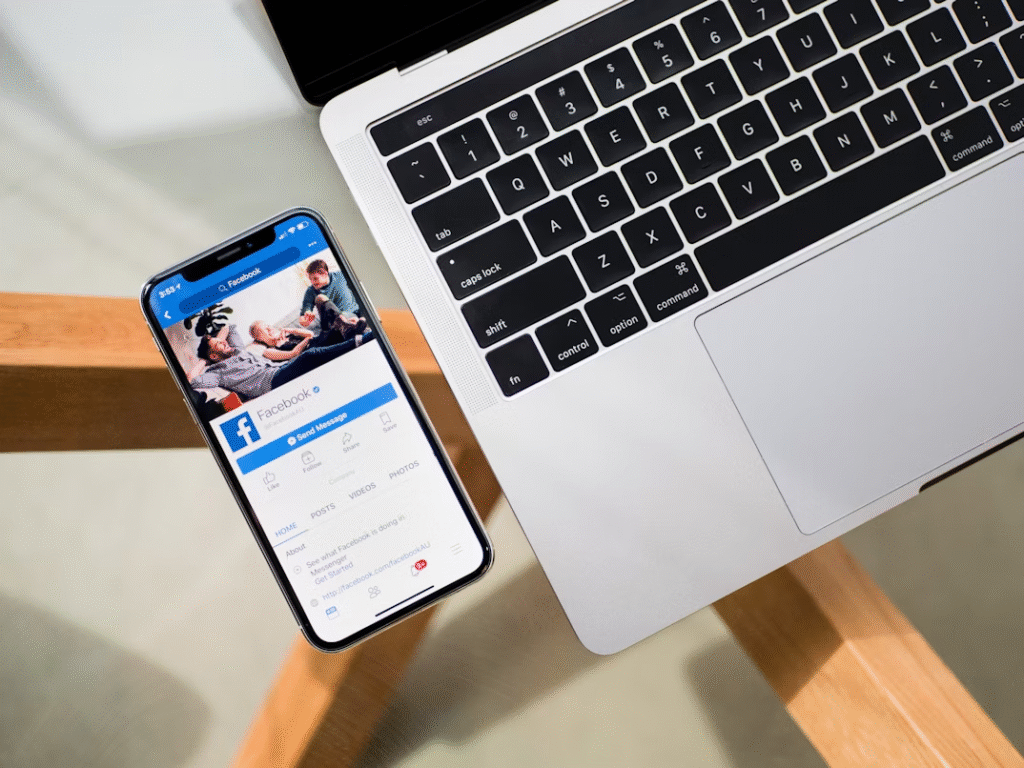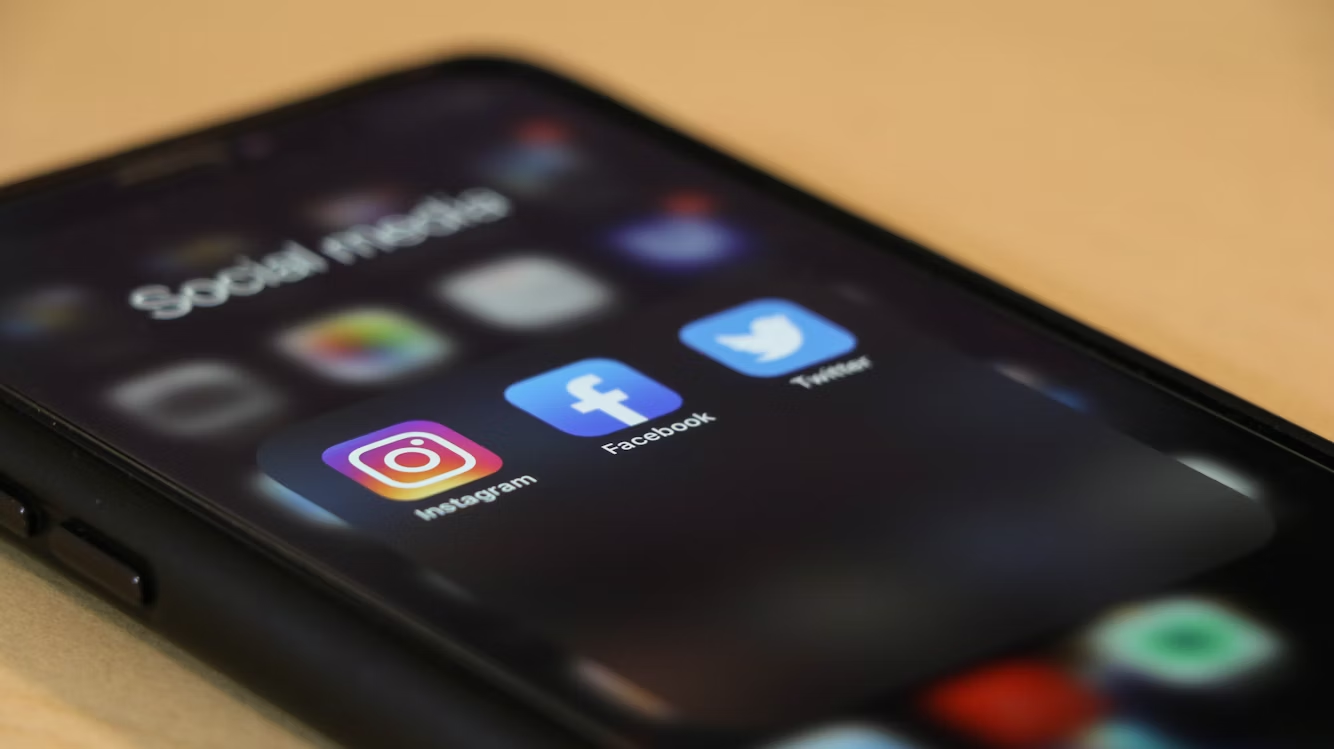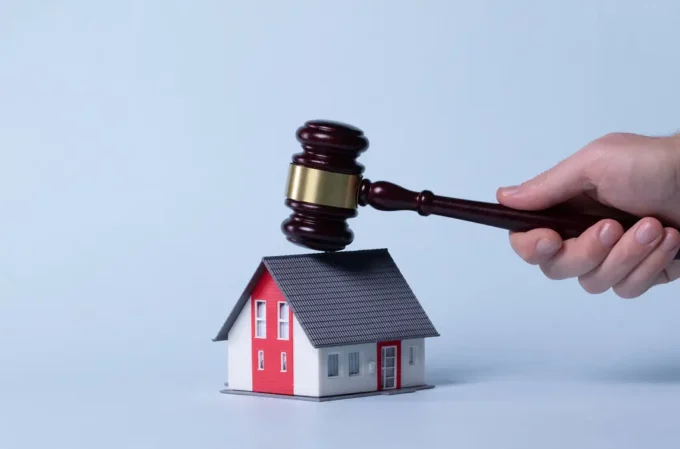After being involved in an accident, it’s natural to want to share your experience online. A quick post on Facebook or a photo on Instagram might feel like a harmless way to update friends and family. However, for personal injury victims in Port St. Lucie, this impulse could seriously jeopardize their chances of receiving fair compensation.
Florida courts and insurance companies are increasingly using social media content as evidence in personal injury cases. What you post—even if it seems innocent—can be twisted to cast doubt on your injuries, your credibility, or the facts of your case.
That’s why it’s critical to speak with a personal injury lawyer serving Port St. Lucie before sharing anything online after an accident. Legal professionals can help you understand how to safeguard your claim and prevent avoidable damage caused by your digital footprint.
How Social Media Posts Are Used in Injury Cases
Insurance adjusters and defense attorneys are trained to look for anything that can discredit your claim. Social media offers them a goldmine of content they can use against you.
Even if your account is set to private, investigators may still gain access through mutual connections, subpoenas, or metadata. Photos, check-ins, comments, likes, and tagged posts can all be scrutinized and misinterpreted.
For instance:
- A photo of you smiling at a family BBQ might be used to argue that your injuries aren’t severe.
- A post where you say you’re “feeling better” can be used to downplay your pain and suffering.
- A video of you walking, dancing, or lifting something could contradict medical claims—even if it was staged or taken out of context.
This doesn’t mean you can’t live your life while healing. But it does mean that sharing any details publicly—no matter how trivial they seem—can backfire in court.
Common Mistakes Injury Victims Make Online
Many people inadvertently sabotage their own claims without realizing it. Here are some typical social media missteps:
- Discussing the Accident Online
Writing about what happened or who was at fault can come back to haunt you. A simple “I didn’t see the other driver” comment can be twisted to suggest partial liability. - Posting Recovery Updates
While meant to be reassuring, statements like “I’m doing better now” can minimize the seriousness of your injuries and be used to lower your settlement. - Uploading Activity Photos
Even if you’re just trying to put on a brave face, pictures of travel, workouts, or social events may be used to argue that your injuries are exaggerated or fabricated. - Allowing Friends to Tag You
Even if you’re careful, others might not be. Friends may tag you in posts that show you doing something physically active, even when your case says you’re limited. - Arguing with Commenters or Sharing Legal Frustrations
Negative emotions are understandable, but venting online can damage your image. Angry or inconsistent posts can be used to portray you as unstable or dishonest.
Privacy Settings Aren’t Enough

Many people think setting their profiles to “private” or “friends only” protects them. Unfortunately, courts may still allow this content to be used as evidence if it’s deemed relevant.
It’s also important to know that anything you’ve previously shared—before the accident—can still be accessed and evaluated. Past posts about fitness routines or old injuries might be used to question your credibility or claim pre-existing conditions.
In some cases, insurance investigators create fake accounts to try to gain access to your content. That’s why the safest approach is to assume anything you post online could become public—and act accordingly.
Best Practices for Protecting Your Legal Claim
The internet is forever, and once something is online, it’s nearly impossible to erase it completely. To avoid harming your injury case, follow these guidelines:
- Pause or deactivate social media accounts during your case.
- Avoid posting new photos, updates, or comments related to your daily activities.
- Ask family and friends not to post about you or tag you.
- Never accept friend requests from people you don’t know.
- Avoid participating in public forums or groups that discuss your accident type or case.
Most importantly, work with a personal injury lawyer serving Port St. Lucie who can offer tailored advice on managing your digital presence throughout the claims process.
What If You Already Posted Something?
If you’ve already shared posts or images after your accident, do not delete them without speaking to your lawyer. Deleting social media content can sometimes be viewed as destroying evidence, which may weaken your case or lead to legal consequences.
Instead, notify your attorney immediately. They can assess whether the content poses a risk and determines the best way to handle it—legally and strategically.
Port St. Lucie Injury Victims Need to Stay Cautious Online

Injury claims are about more than medical bills—they’re about credibility. If your online life doesn’t match the severity of your injuries, insurers and defense attorneys will notice. In today’s digital age, one careless post can cost you thousands in compensation.
If you’ve been injured due to someone else’s negligence in Port St. Lucie, don’t leave your legal strategy up to chance. Frankl Kominsky Injury Lawyers understands the role social media can play in litigation and can guide you through every aspect of the claims process with confidence.
To learn more about protecting your case from digital missteps, contact Frankl Kominsky Injury Lawyers for trusted legal advice and representation.
About the Author
This blog was written by a legal content strategist with deep expertise in Florida injury law, digital privacy risks, and personal injury litigation. While not affiliated with Frankl Kominsky Injury Lawyers, they specialize in creating reliable legal resources to educate and empower accident victims throughout Florida.














Leave a comment